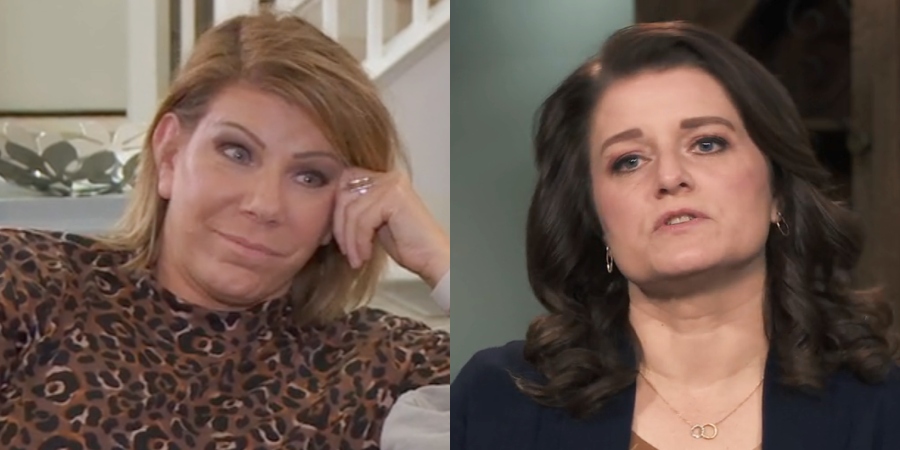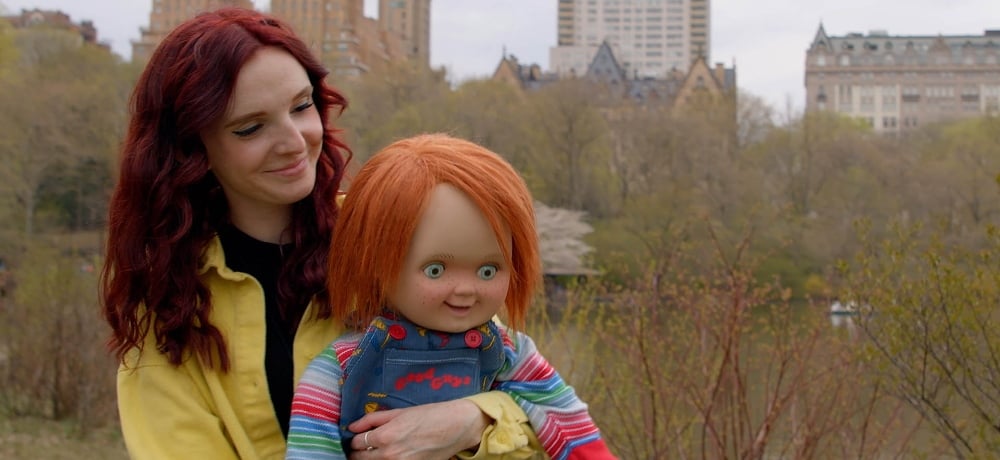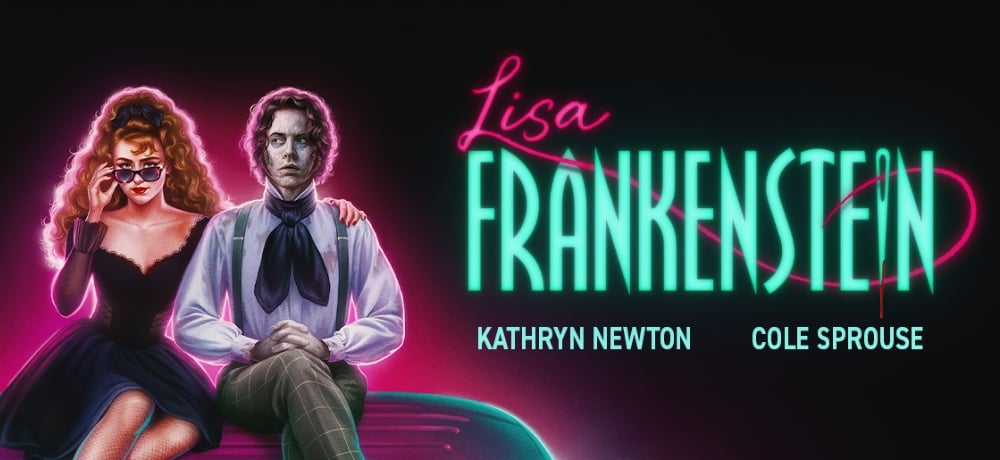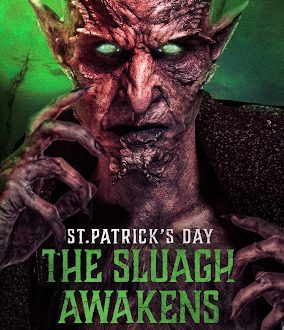Season 5 of VICE TV’s Dark Side of the Ring concluded recently. It aired from March 5 to May 7, 2024, and constituted 10 episodes. It delves deep into several complicated stories from the world of professional wrestling. Interestingly, the final episode, titled “Black Saturday: The Rise of Vince,” showcased the day Vince McMahon changed the face of the business forever.
Currently, professional wrestling fans consider WWE to be the gold standard. The company is worth more than a billion dollars and employs some of the best contemporary wrestlers. However, in the 20th century, the story was different. Founded in the 1950s by Vincent J. McMahon (Vince McMahon’s father), the company was initially known as Capitol Wrestling Corporation. Eventually, they changed their name to WWF. Back then, the sport followed a territorial structure, which meant a single promotion operated in a state or region. The NWA (National Wrestling Alliance) was the governing body, and they implemented strict rules that prevented disputes among these promotions.
In 1982, Vince McMahon, who co-owned Titan Sports, Inc., purchased WWF from his father and thus began the transformation of professional wrestling. Under his ownership, WWF cut ties with the NWA and began expanding its influence by leaps and bounds. According to The Sportster, not only did they organize events outside their designated territory, but they also started signing wrestlers from other companies. McMahon soon began eliminating WWF’s competitors by purchasing timeslots of various promotions.
Eventually, Vince McMahon bought the Saturday night timeslot of their biggest competitor, GCW (Georgia Championship Wrestling). On July 14, 1984, the wrestling promoter showed up on TBS and announced that from then on, the network would air WWF on Saturday nights. Since it was marked on a Saturday, the occasion was famously termed “Black Saturday.” In 2002, WWF changed their name to WWE.
When did Black Saturday take place?
Black Saturday took place on Saturday, July 14, 1984. To purchase GCW’s Saturday night TBS timeslot, Vince McMahon first approached one of its co-owners, Ted Turner. However, when Ted rejected his offer, he went to the other three owners, brothers Jack & Gerald Brisco and Jim Barnett. The Briscos and Barnett soon sold their stake in GCW for $900,000, and McMahon seized control of the promotion. The WWE founder now owned 90% of the company’s stake, and his company successfully took over their Saturday night timeslot.
In a 2013 interview with WWE.com, Gerald Brisco revealed that after GCW’s sale was made public, people called him and Jack traitors and even sent them death threats. He stated, “We got a real negative reaction. Jack and I had always prided ourselves on getting along with everybody. People said that we were traitors, that we sold the wrestling business out, sold our friends out. A lot of people were making accusations. We had death threats.”
Fans of GCW were furious by this occurrence. According to The Sportster, GCW emphasized the wrestlers’ in-ring ability, while Vince McMahon’s idea of professional wrestling differed from what fans were used to. McMahon believed in developing the wrestler’s character by implementing gimmicks, but this did not bode well for orthodox fans. Furthermore, many even complained to TBS and demanded they bring back the show they grew up adoring.




















:quality(85):upscale()/2023/10/31/843/n/1922564/c34d12806541520410e6c5.19604496_.png)







